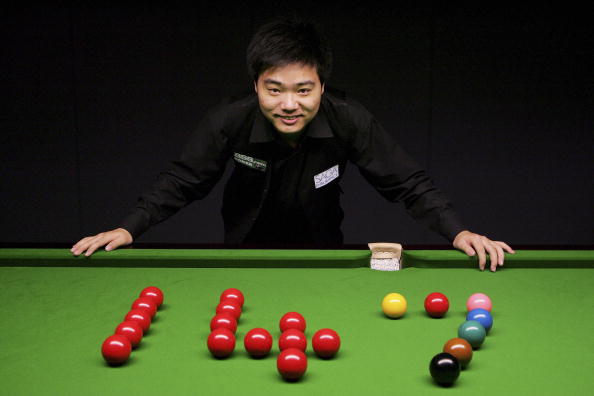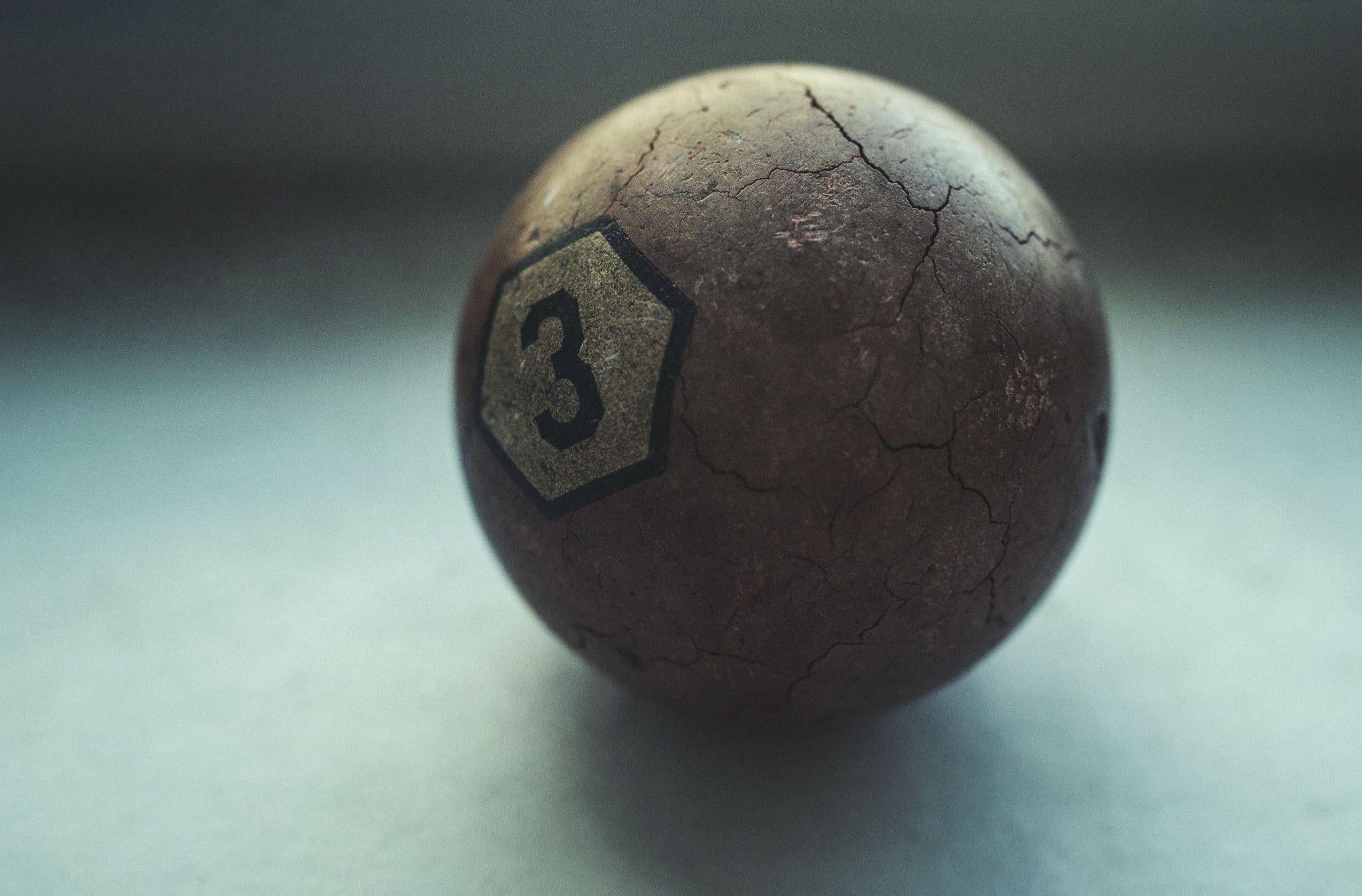
In billiard games, pool balls are used. They are made of several different materials, but are usually crafted from phenolic resin. Phenolic resin is a mixture of formaldehyde and phenol. These two compounds are known for their durability and scratch-resistance. This mixture is also resistant against high temperatures. The resin will start to yellow when exposed to the sunlight.
Wood was the first material used to make pool balls. These pool balls were strong but would crack as they grew older. In the 19th century, a chemist named Leo Baekeland invented a new plastic compound that was not flammable. This material was known as bakelite, and soon replaced wood in making pool balls.
The creation of pool balls was an expensive process. It took a long time to develop the balls. You could also cut a ball in half if you wanted to know what inside. The balls had eventually to be molded under extremely high pressures.

After the development of the first form of bakelite, other inventors began exploring chemical substances for making pool balls. These innovations are considered to be pioneering in the field of synthetic plastics.
While phenolic is a great choice for pool balls it comes at a higher price than its polyester equivalent. If you don't mind spending a lot on pool ball, then the polyester alternative might be the best for you. However, the polyester option will not maintain its color for as long as phenolic resin.
It takes approximately 23 days to make a phenolic ball. Every step of the manufacturing process has been thoroughly checked to ensure it is free of any impurities. Also, phenolic resin balls can store in lower temperatures than polyester balls. They are more durable, last longer and are thus more long-lasting.
Aramith is the largest manufacturer of phenolic pool balls. The phenolic resin pool balls from Aramith are extremely durable and can hold their shine for as long as 40 years. They are also significantly less expensive than the polyester balls. The Aramith Premier is a high-quality resin technology set that will appeal to those who are looking to upgrade to higher-quality balls.

Another pool ball manufacturer is Iszy, which uses a combination of both phenolic and polyester resin. Although these types of pool balls are cheaper than phenolic balls, they don't maintain their shine for as long. Polyester balls are also more prone to fading and burn spots on the table. These balls are still good for beginners.
Predator Arcos (another manufacturer) uses a proprietary compound to create a variety phenolic rubber balls. These balls are also more dense because they have been through-hardened. You can also choose the Iszy marble swirl set if you want to spend less.
Many companies are trying to replicate the ivory-billiard ball experience. However, the ivory material is no longer available. Modern pool balls are made of phenolic and formaldehyde. The current market has approximately 85% phenolic pool ball.